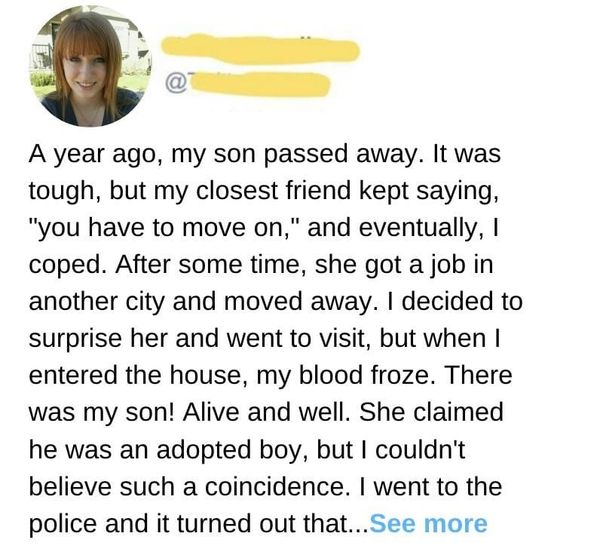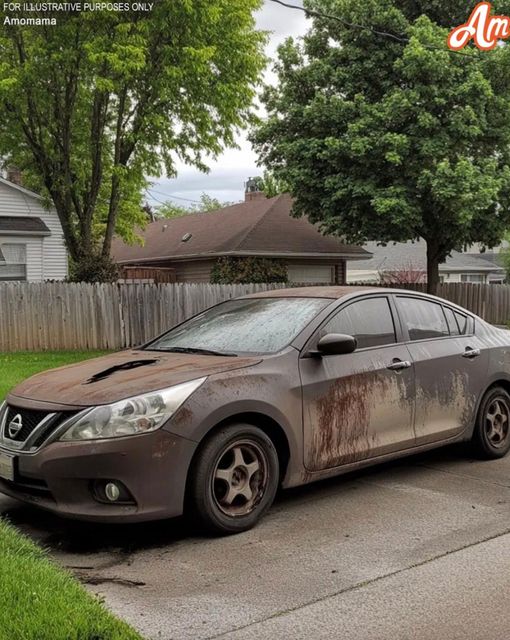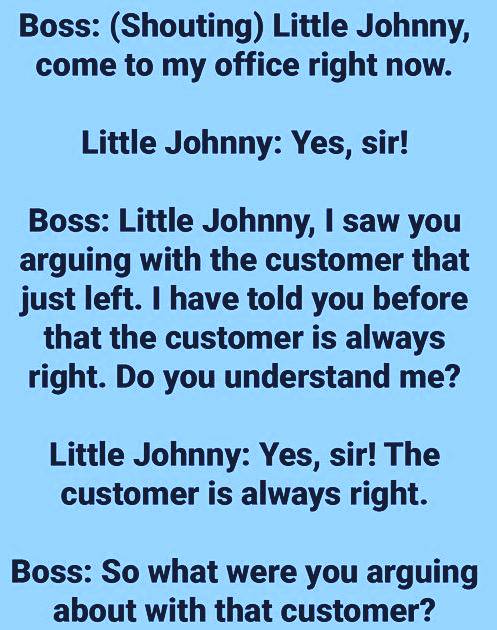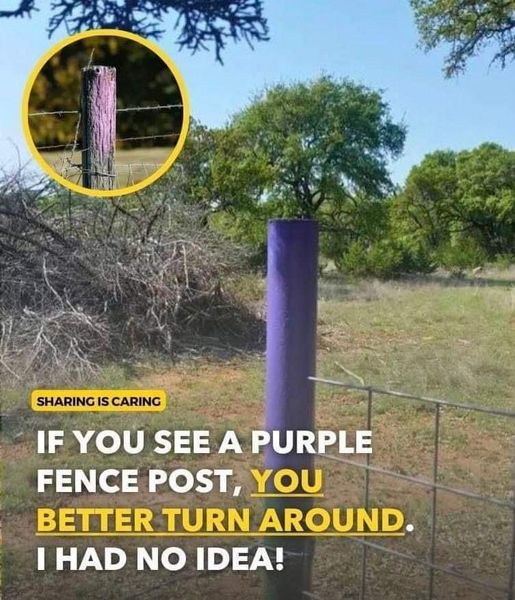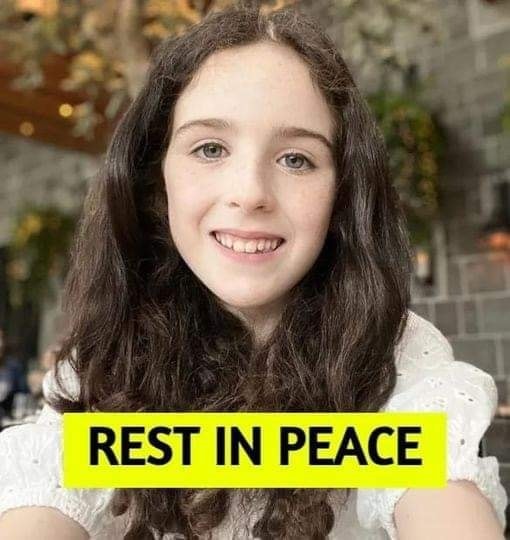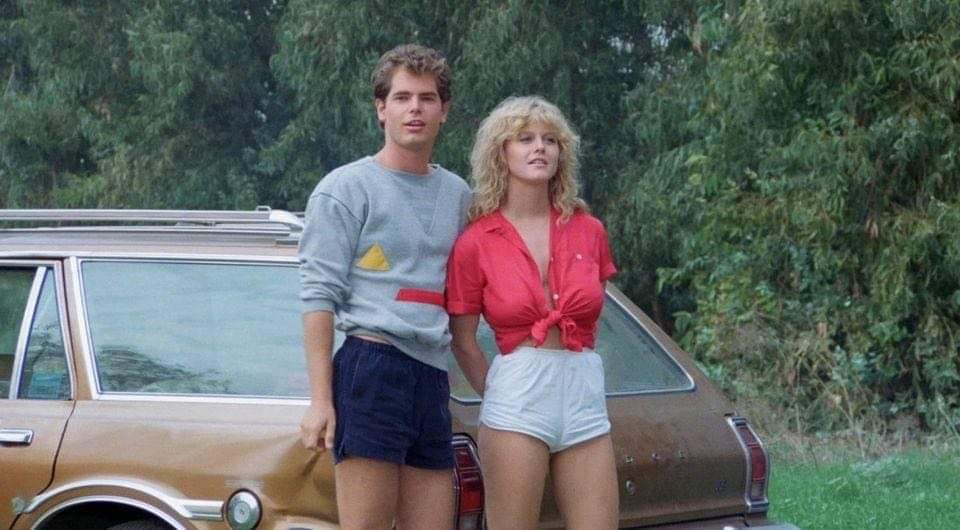If you think the teenage years are the end of parental drama, guess again. Meet Michael, my freshly minted 22-year-old son who just threw my empty-nester dreams into a spin cycle. Buckle up for this journey through one of the most bizarre parenting episodes of my life.
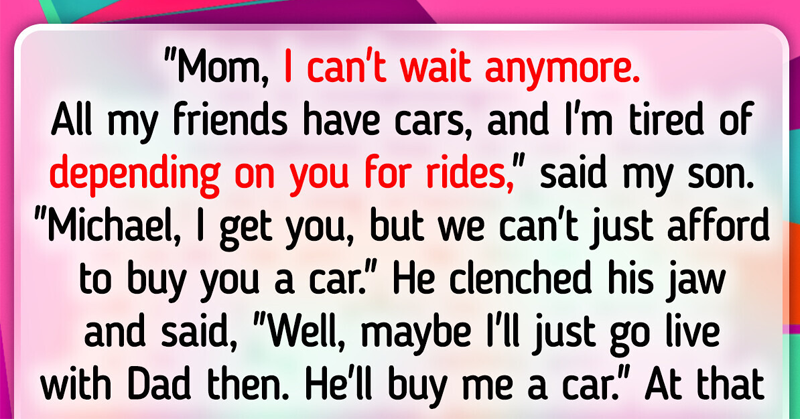
And It All Started Over a Simple Lunch…
Picture me, peacefully making lunch in the kitchen. In storms Michael, face contorted with all the seriousness of a world leader about to declare war. “Mom, we need to talk,” he proclaimed, casting chills down my spine.
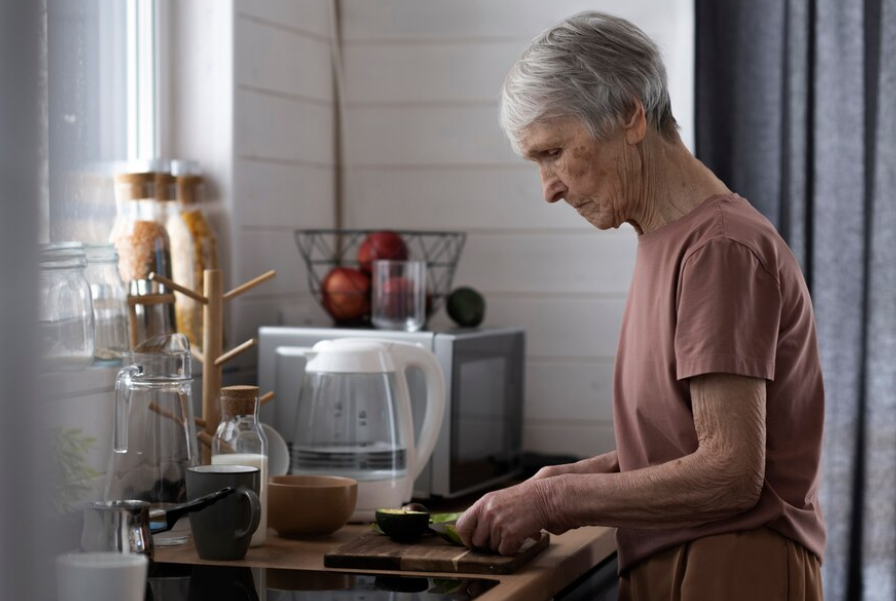
“Sure, what’s on your mind, honey?” I responded, my voice laced with naïve optimism.
He leaned against the counter—practically an invitation for drama—and said, “I need a car.”
I felt my heart race. “A car? What about your part-time job savings?”
Michael sighed as if I’d just suggested he bike cross-country. “It’s taking forever, Mom. I need it now.”
“Cars are expensive, Michael. You need to save a bit more and—”
He cut me off like a bad B-rated movie villain, “No, Mom, I can’t wait. All my friends have cars. I need my freedom.”
Attempting reason, I said, “Michael, we can’t just buy a car out of the blue.”
That’s when he dropped the bomb. “Well, maybe I’ll go live with Dad. He’ll buy me a car.”
His Words? They Hit Like a Ton of Bricks.

Let me tell you about David, my ex-husband—the guy who thinks parenting is like a game of Monopoly, to be won with cash and flashy things. My brain short-circuited at Michael’s threat.
“Michael, you can’t just threaten to leave because you’re not getting what you want,” I said, trying to keep my cool.
“Why not? Dad loves spoiling me,” he shot back.
Deep breath. “This isn’t about Dad. You’re an adult now, and you need to make responsible choices.”
He rolled his eyes. “Yeah, responsible, like being the only one without a car.”
The Tension Was Thicker Than a Thanksgiving Gravy.

Days brimming with silent treatments followed. Every attempt at dialogue turned into shouting matches. It was like living with a thunderstorm, one that randomly raged and retreated. At dinner one night, I decided to wade into the waters again.
“Michael, can we discuss the car?” He poked at his dinner like it was guilty of war crimes. “What’s the point? You’re still not buying it.”
“It’s not just about a car. Threatening to leave isn’t how we resolve issues. That’s manipulation, not maturity.”
Michael folded his arms, his face a mixture of defensiveness and resentment. “Dad would understand.”
“Dad isn’t here. And a car comes with costs—insurance, maintenance. It’s not just about the shiny outside.”
He pushed his plate away. “Forget it, Mom. You don’t get it.”
Days turned into weeks, with every spare moment fraught with skyrocketing tension and escalating distance. Michael spent more time out or holed up in his room.
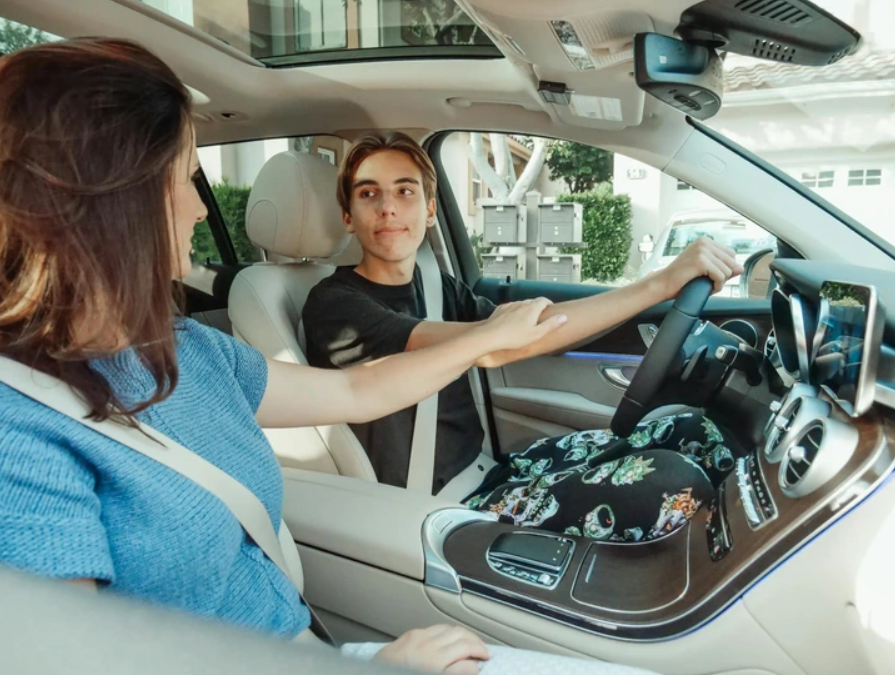
The Note That Tore Me Apart
One Saturday, I found a note on the kitchen counter, every word an emotional sucker punch:
“Mom, I’m going to stay with Dad for a while. I can’t stand it here anymore. Maybe he’ll understand.”
Panic. Full-scale, DEFCON 1. Dialed Michael’s number—straight to voicemail. Frantically searched for David’s contact info. When I finally got him, his voice was annoyingly calm.
“Hello?”
“David, it’s Sarah. Is Michael with you?”
Silence, then, “Sarah, what’s happening? He’s not here.”
“He left, saying he’s going to you because I won’t buy him a car.”
David sighed. “If he shows up, I’ll talk to him. Running away isn’t the solution.”
The Waiting Game
Days turned into a blur of anxiety. Every passing hour chipped away at my sanity. Then one evening, a knock. My heart nearly burst from my chest.
It was Michael, duffle bag in hand, looking like he’d wrestled with the world and lost.
“Mom, can we talk?” he asked, sounding more like my little boy than ever before.
I hugged him, relief overwhelming me. “Of course, come in.”
He confessed, “I’m sorry, Mom. I was being stupid.”
I squeezed his hand. “It’s okay, Michael. I’m just glad you’re back.”
He continued, “Running away wasn’t the solution. Dad didn’t even know what was going on when I got there.”
I nodded, “We need to talk. Responsibility, communication, adulthood—it’s all part of growing up.”
We had a deep, heartfelt conversation. Michael finally understood that owning a car was about more than just freedom. And I learned that good communication is essential, even in the face of conflict.
Since then, we’ve been working to rebuild our relationship. It’s stronger now, each of us more aware of the challenges but committed to facing them together.
